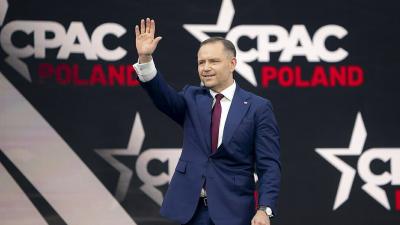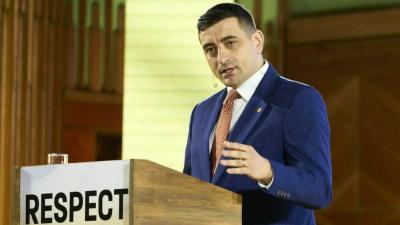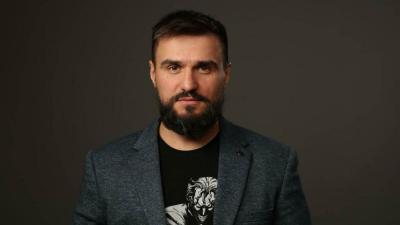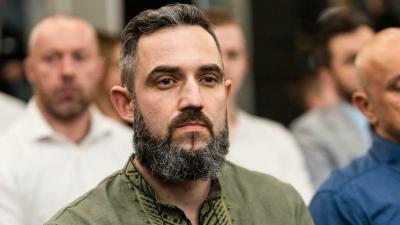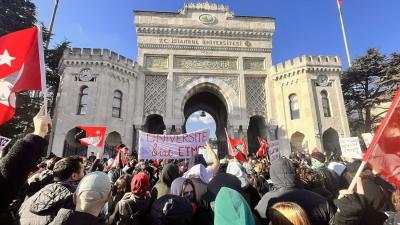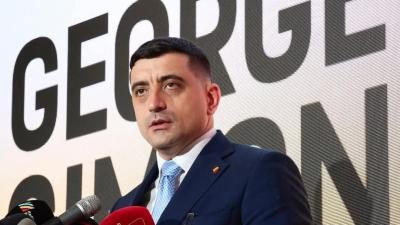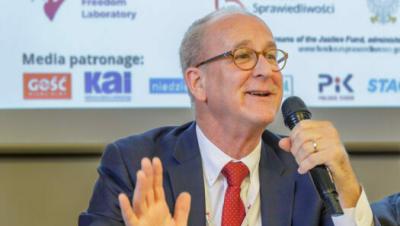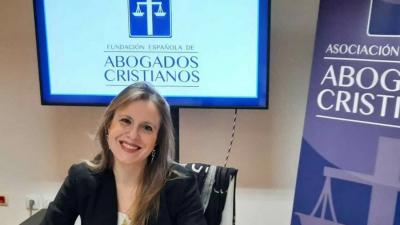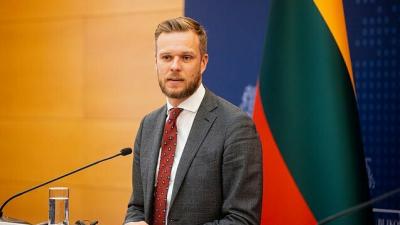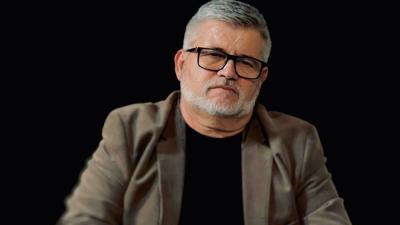Nawrocki's existential victory revives the Polish right-wing
These have been difficult years for the Polish right-wing. After returning to the center of the geopolitical chessboard thanks to the dynamism of the Morawiecki government in times of war on the borders of Eastern Europe, Donald Tusk's progressive coalition had prevailed in the October 2023 elections, beginning a progressive process of demolition of the institutional structures cemented by the Law and Justice party over the years.
Alarico Lazzaro
Romania votes, but the label remains: stigma on George Simion and AUR resists the ballot box
The Romanian elections of this week are over, but the debate about their significance is not. George Simion, leader of the Alliance for the Union of Romanians (AUR), came in second to the current mayor of Bucharest, Nicușor Dan, who was presented as an independent candidate, although in practice he was supported by the entire centrist, progressive coalition and a good part of the establishment.
José Papparelli
Javier Benegas
“Russia has no interest in ending this war, and only by understanding this can we deal with the Kremlin”: An Interview with Olexsandr Shulga
Russia reminds us every moment, through brutal and horrible acts, of what awaits us if we surrender: the end of our national identity and the murder of all those who, politically or culturally, embody the Ukrainian nation.
Álvaro Peñas
Interview with Andrzej Podgurski – spokesman for the Polish Legion
Andrzej Podgurski is a Polish journalist and volunteer. A war correspondent since the beginning of the full-scale Russian invasion, he is the spokesman for the Polish Legion, an umbrella organization of humanitarian and military volunteers in Ukraine.
Álvaro Peñas
Ongoing protests in Türkiye: “When midnight comes, everything shifts—from a night filled with hope to absolute chaos”
Since March 19, 2025, Turkey has been rocked by protests after the arrest of Istanbul Mayor Ekrem İmamoğlu and over 100 opposition members. Yet, the protests are not solely about the mayor. With more than 1,900 people arrested, anger and resistance are spreading. We spoke with a student from Istanbul University who is on the front lines, sharing what it feels like to be part of the movement—and the harsh realities protesters face every night.
Zespół redakcyjny
Romania: George Simion one step away from the presidential election
The eyes of the whole of Europe are on Romania and it seems highly unlikely that the candidacy of George Simion, who represents the country’s second largest political force, will be challenged.
Álvaro Peñas
“Peace with justice means stopping Russian aggression and restoring Ukraine’s sovereignty”: An Interview with Todd Huizinga
Todd Huizinga is a Senior Fellow for Europe at the Religious Freedom Institute. He is the author of The New Totalitarian Temptation: Global Governance and the Crisis of Democracy in Europe (2016) and Was Europa von Trump lernen kann (2017).
Darina Rebro
Bohdan Chuma: “Ukraine’s history is a normal and typical history of a European nation”
Putin is trying to write a history of the Russian Empire that begins with the Tsarist Empire, continues with Soviet Communism, the Red Empire, and now continues under his government.
Álvaro Peñas
Growing problems for the Soviet Federation
In a message on social media, Donald Trump claimed that Russia’s economy is crumbling and that he would do it the favour of allowing it to end a “stupid” war that should not have started.
Álvaro Peñas
“When it is allowed to humiliate a collective, such as Catholics, the next step is to persecute that collective”: An Interview with Polonia Castellanos
Polonia Castellanos is the president of Christian Lawyers. An international civil association that defends in the legal sphere the values inspired by Christianity: religious freedom, life and family.
Álvaro Peñas
“We can only achieve true peace from a position of strength”: An Interview with Gabrielius Landsbergis
After almost three years of war, Europe is still unprepared to deal with a conflict like the one in Ukraine. Is this a problem of lack of vision or political will?
Álvaro Peñas
“The best weapon against propaganda is common sense and intuition”: An interview with Jorge Gómez
Jorge Gómez is a Navy officer in Reserve status and has worked in the field of intelligence during his time at CESID/CNI (National Intelligence Center), from 1992 to 2018, being a specialist in team management, crisis management and Human Sources Intelligence (HUMINT).



